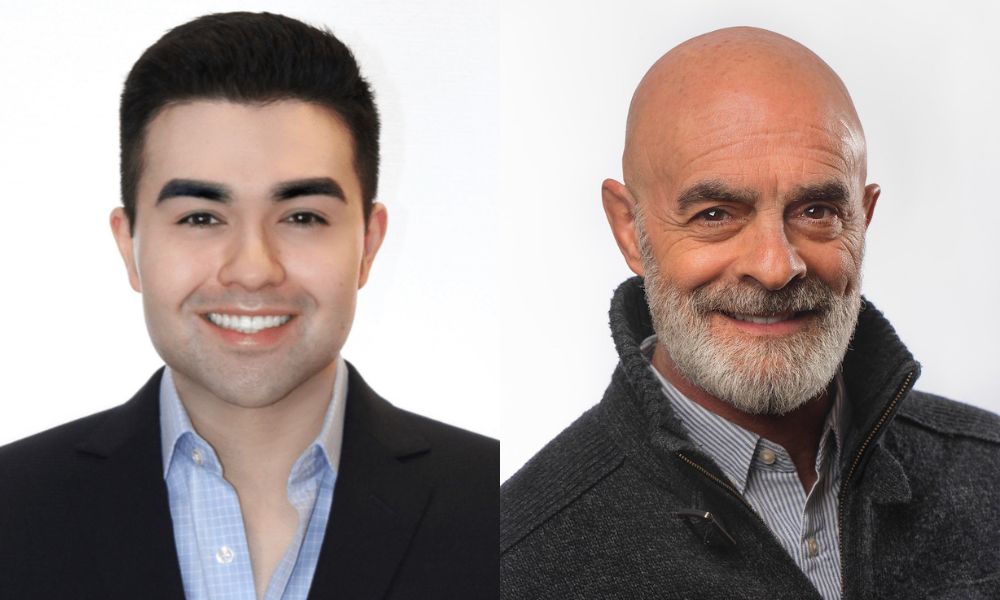It all started with a conversation between a father and son, wondering about whether autistic employees were vulnerable to the “bystander effect” in the same way their neurotypical colleagues were.
“[It involved] talking with Braxton about that bystander effect and other sorts of cognitive biases that non-autistic humans are prone to,” said Lorne Hartman, behavioural scientist and instructor at the Schulich School of Business at York University.
“He has a term for it, he calls it the ‘weird neurotypical syndrome’, how non-autistic people really just have this weird way of rationalizing, justifying, explaining, minimizing our behaviour.”








